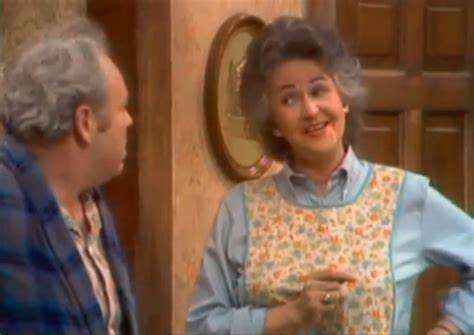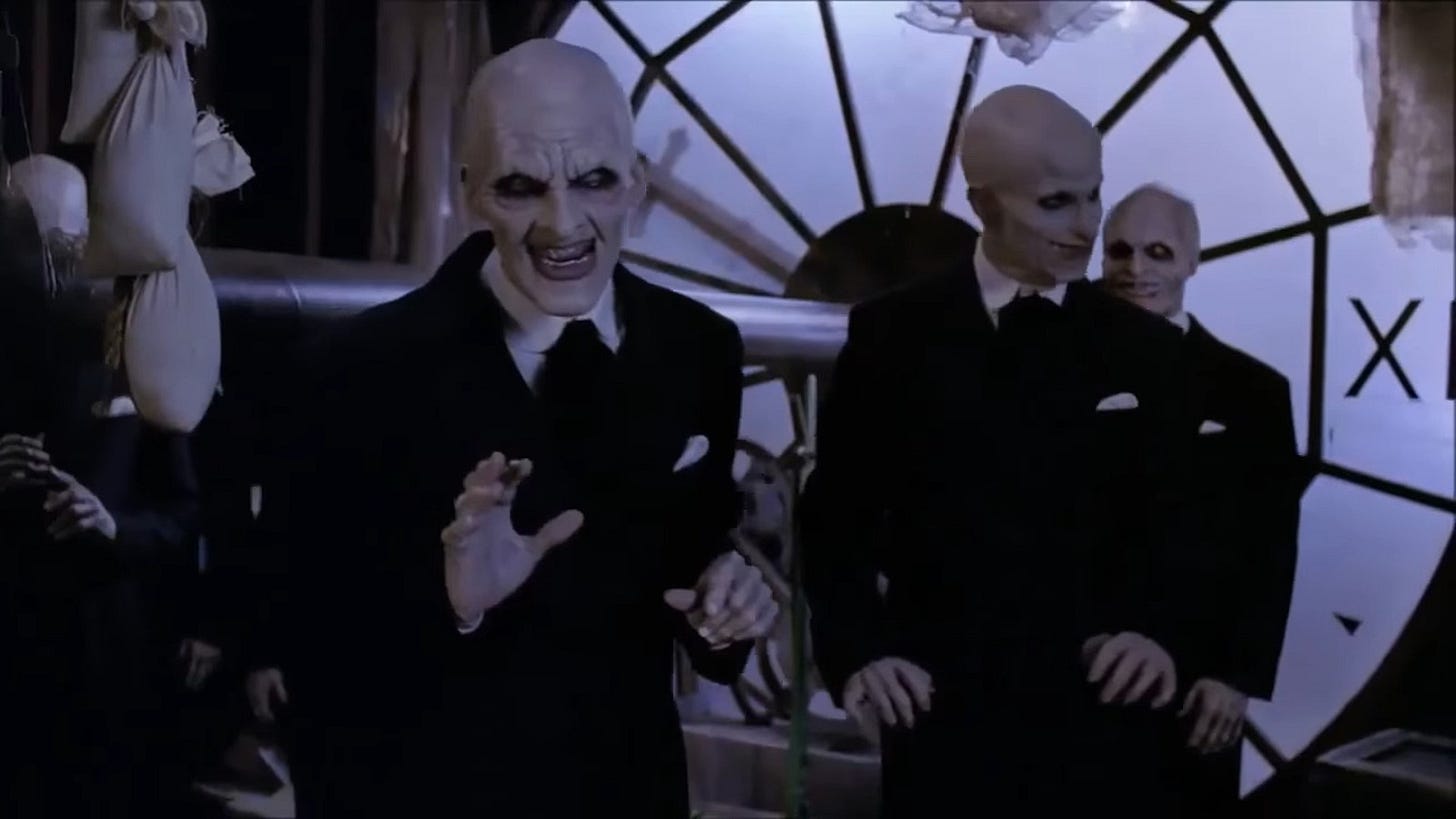OTH Side Story: Essential Episodes 2024
A small, but welcome pair of episodes to talk about this time.
Within the past couple of weeks, the OFTA has announced their winners for this year’s batch of television, which, among other things has resulted in them picking ten more episodes of TV picked for their ever-expanding Hall of Fame. Alongside a slew of worthy programming, we only have two episodes from past or present OTH series to talk about, but talk I shall!
All in the Family- “Cousin Maude’s Visit”
Season 2, Episode 12
Aired December 11, 1971
And then there’s Maude.
Beatrice Arthur had made a name for herself on stage due to her commanding presence- when she spoke, everyone in attendance better listen or you’d get a piece of her mind. And it’s this exact energy that Norman Lear realized was needed on his first, and ultimately most significant sitcom. Archie Bunker’s ability to be as outspoken as he wanted to with practically no repercussions needed some kind of challenge to authority, as Lear realized while working on the second season. Taking inspiration from All in the Family’s source material, British sitcom Till Death Do Us Apart, the idea for Edith to have a sharp-witted liberal cousin who contrasted greatly with Archie’s conservative rhetoric was born (Till Death’s equivalent of Maude was a sister for Edith’s equivalent, Elsa, but hey, it’s all family).
In her first appearance, Maude is rang up to help the Bunker household out when everyone but Edith is sick with the flu. While Archie, who has never gotten along with Edith’s FDR-obsessed cousin, vetoes her invitation, Maude chooses not to listen, makes the house her own, and watches after everyone. Even, reluctantly, Archie himself.
All in the Family is best remembered today for its multi-faceted political discussions, how the show was able to crack jokes and break bread while handling relevant issues, but “Cousin Maude’s Visit” intentionally avoids going topical and saves most of its political speech for a passionate debate between Maude and Archie about President Roosevelt, including whether or not it was FDR who was responsible for General MacArthur’s termination (it wasn’t). Meanwhile, the bulk of the episode includes clever jokes at the expense of the sick characters, including a thermometer test that reads like a pissing match and enough whining to drive anyone insane.
The rest of the cast was on point during “Cousin Maude’s Visit”, but it’s Arthur who owns the episode, instantly fitting herself into the cast as she holds her own against Archie’s ill-tempered and irrational mindset. To the surprise of no one, Maude came back to visit later that season, which was more or less a backdoor pilot for her own sitcom, which ran for six seasons and earned Arthur an Emmy and spun off the equally-popular Good Times. Additionally, it’s easy to assume that The Golden Girls may not have happened, at least not with Arthur (or possibly Rue McClanahan, as she became an integral part of Maude’s supporting cast well before becoming Blanche Devereaux). Imagine a world without Dorothy Zbornak. Norman Lear allowed for Bea Arthur to become remembered for generations to come, which is reason enough to celebrate.
Buffy the Vampire Slayer- “Hush”
Season 4, Episode 10
Aired December 14, 1999
If you haven’t seen Buffy the Vampire Slayer, you’re probably still aware of at least one of three episodes due to cultural osmosis- the “silent” episode, the one where her mother dies, and the musical episode. This is the first of those landmarks.
Originally conceived by series creator and then-showrunner Joss Whedon as a challenge to critics of the legendary genre series who considered its appeal to be almost entirely dialogue heavy, “Hush” has the bulk of the episode stripped of speech, when the Gentlemen, a group of demons who hunger for human hearts. The Gentlemen have the ability to remove human voices, their only weakness, as they use this gift of silence to prey on surrounding town’s humans and their tasty organs. A human’s scream can cause their hunt to stop, but how to return the voice of another is a mystery.
Like Buffy at its historic best, the lack of speaking capabilities is relevant to the episode and show’s themes at large, with communication being a core theme of “Hush”. Buffy struggles to tell her new boyfriend Riley about her duties as the Slayer, while he has the same issue to come clean about his role with the Initiative, the government-based paranormal investigation group who have recently moved into Sunnydale. Meanwhile, Buffy’s closest friends Xander and Willow have their own communications issues, as the former can’t quite define his relationship with Anya, the former vengeance demon he’s been hooking up with since the season started, and Willow longs to find someone to explore the power of witchcraft with after being rebuffed by the university’s wicca club, not realizing that the meek Tara(!) shares her passion. There’s also something about Giles, Buffy’s Watcher, wanting to come clean about his supernatural role to a date, and Spike… doesn’t have anything to add here, but he’s fully joined the cast at this point, so yay? Still, everyone else’s issues get resolved, and we even receive a welcome addition to the show’s cast this week.
If you’ve been following me for all this time, you’ll recall that my Buffy the Vampire Slayer retrospectives are in the can, but unfortunately the bulk of those reviews are lost thanks to my switch to Letterdrop (rip). I join the majority by considering “Hush” a high point for the series, one that retains Buffy’s clever nature while allowing for unforgettable tension and some of its most memorable images. While Whedon’s direction was strong enough to stick the landing, it’s his teleplay that received the most recognition, with “Hush” receiving the show’s only major Emmy nomination for screenwriting. The award went to The West Wing’s “In Excelsis Deo”, which itself is great, but no “Hush”.




